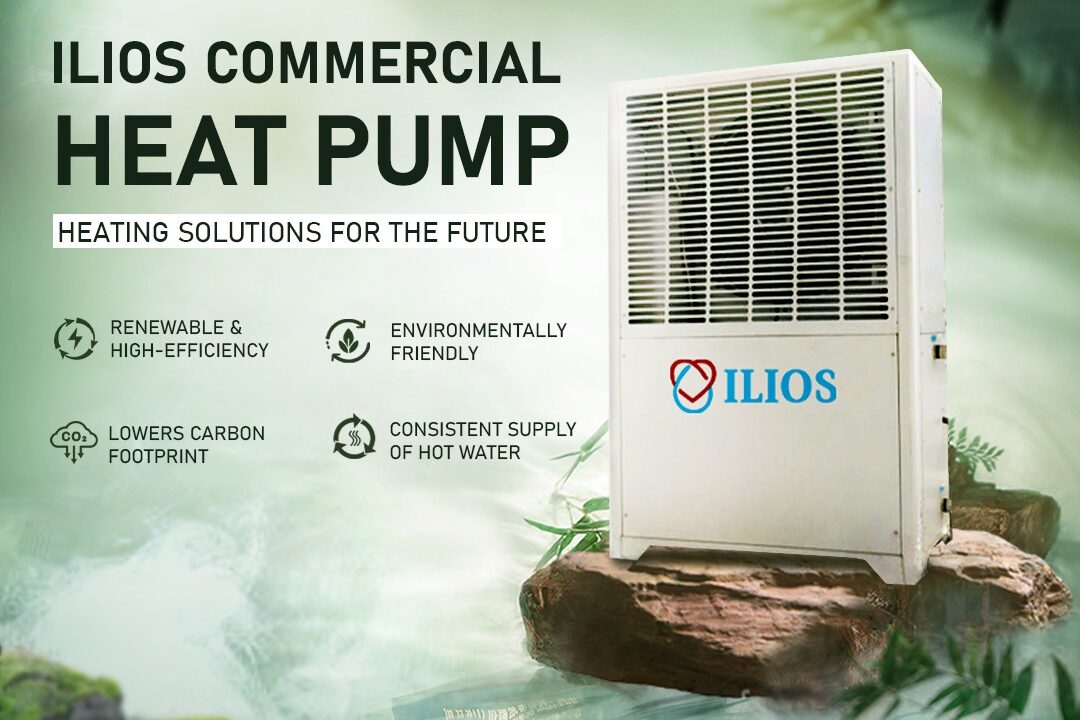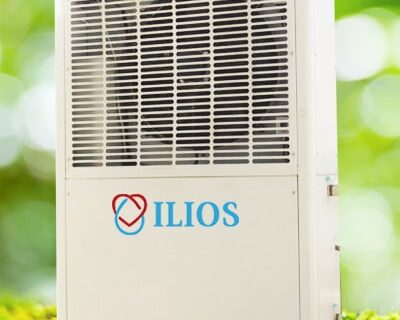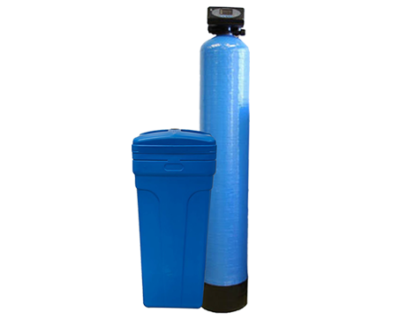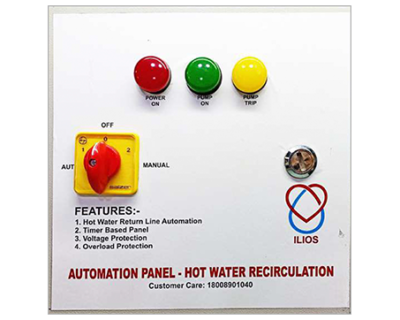Blog

Heat Pumps for Buildings: The Energy-Efficient Heating Solution
Introduction for Heat Pumps for Buildings
Heat pumps are also used in buildings. They are excellent for both heating and cooling and can definitely provide the needed energy efficiency. They do not produce heat but merely transfer it, which is a great way of making sure that indoor temperatures are comfortably warm during the cold winter months or cool during the hot summer. They transfer heat from the air, ground, or water and bring it inside when it is winter. They reverse the process and cool the space when it is summer. The Heat Pumps for Buildings can be used in residential, commercial, and industrial applications to render substantial energy saving, low carbon footprint, and operational cost as compared to the conventional heating and cooling.
What is a heat pump?
A heat pump is an electric appliance that allows for heat transfer from one location to another, thereby using a very small amount of electricity to move heat around instead of producing it. In contrast with the usual fuel-burning-based heating systems, this type of heat pump transfers heat from outdoor air, water, or the ground into the building. There will be some occasions when it reverses the process and transfers heat from the building to cool the indoor spaces in the warmer months.
How Does a Heat Pump Work?
The working principle of a heat pump is a modification of a refrigeration cycle. We may say that it is akin to the following:
Absorption: A refrigerant in the system captures heat from the air, ground, or water source.
Compression: The refrigerant undergoes compression, which increases both its temperature and pressure..
Heat Transfer: The hot refrigerant releases heat to the indoor air of the building or heating water system.
Expansion: The refrigerant undergoes cooling and expansion, and this cycle is continuously repeated.
The cycle is quite energy-efficient because it produces several units of heat energy for each one unit of electricity it uses.
Advantages of Heat Pumps in Buildings
Buying a heat pump has several financial and environmental advantages:
Lower operational costs: The cost of installation may be high in the initial phase, but heat pumps for buildings have lower operational costs than the conventional heating and cooling methods, thereby saving in the long run.
Environment-Friendly: As heat pumps do not use combustion, they produce much less greenhouse gases than other forms of heating and cooling. This makes them a very suitable choice for environmentally conscious buildings that intend to reduce their carbon footprint.
Dual Function: Most heat pumps provide heating along with cooling, therefore one does not have to have a system consisting of both purposes as separate entities. This even reduces the usage of energy and hence reduces the costs.
Low Maintenance: In comparison to other conventional HVAC systems, heat pumps are relatively low in terms of the need for maintenance and normally last anywhere from 15 to 20 years when properly cared for.
Important consideration factors in the installation of a heat pump in buildings
To start with, some considerations must be taken into account when the selection process of installing a heat pump is going to happen in a building:
- Climate Suitability
For moderately cold regions, ground source heat pumps make more sense because the temperature fluctuation outside does not matter much for them as it would be for an air source heat pump.
The air source heat pumps are effective in medium climate conditions but tough in case of extreme cold.
- Building Size and Insulation
A building’s insulation and size will affect how well a heat pump performs.
More expansive buildings would require a stronger heat pump or several units to effectively warm and cool the building.
- Installation Cost and Budget
Despite its benefits in the form of energy saving resulting from lower bills, installation is costly and remains to be high even in some of the ground source systems.
Budget-conscious building owners would prefer air source systems, as these two are very much known to be cheaper in terms of installation costs.
- Environmental Impact
Selection of a heat pump for building purposes also binds you to sustainable heating. You must consider energy sources and your carbon footprint in choosing what kind of heat pump to use.
How to Maintain a Heat Pump System
Maintain longevity and efficient operation by performing the following regular maintenance:
Clean Filters: Clean or replace filters every 1–2 months to maintain air quality as well as the overall efficiency of the system.
Leaks: As for refrigerant or water leaks, which will decrease efficiencies and damage the system,
Servicing by a Pro: Have a professional technician service your heat pump for your building at least yearly in order to check up on refrigerant levels, test controls, and ensure that every one of its parts are functioning correctly.
Outdoor Unit Maintenance: Maintain the outdoor unit clear from debris since a clogged one will degrade airflow and reduce performance.
Why a Heat Pump is the Smart Choice for Modern Buildings
Heat pumps for buildings represent one of the most critical technologies in green construction. In places where green building standards and certification, such as LEED and BREEAM, are increasingly gaining popularity, a heat pump often becomes part of an ecologically conscious building design. Here’s why modern buildings need a heat pump:
Energy Savings: For they help bring down the cost of energy, heat pumps make buildings cheaper to run.
Support Renewable Energy: Since they can complement renewable sources such as solar photovoltaic panels, particularly in sunlight periods, heat pumps create a very efficient and self-sustaining energy ecosystem.
Increases the Value of the Property: More individuals seek homes and other commercial buildings that are geared toward and support sustainability. By installing a heat pump for building use, you increase the value of your property while attracting environmentally savvy tenants and buyers to your space.
Conclusion
Heat pumps are the ideal solution for all those who are looking for effective, ecologically friendly, and versatile heating and cooling. Whether it is a home, office, or an industrial building, a heat pumps for buildingsapplications can save energy bills, lower carbon emissions, and enhance comfort levels. The choice of the correct type of heat pump and its proper maintenance ensures that property owners will have a reliable source of sustainable heating and cooling over time.




